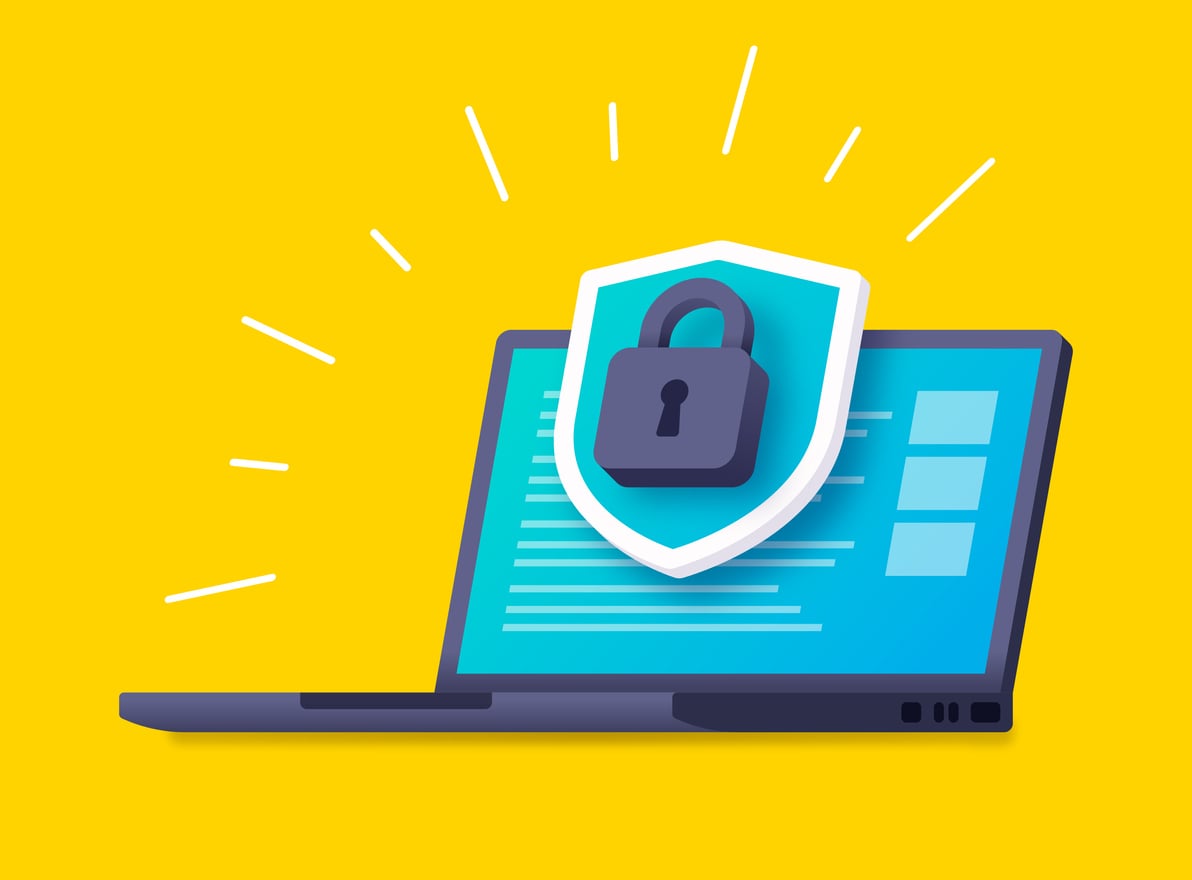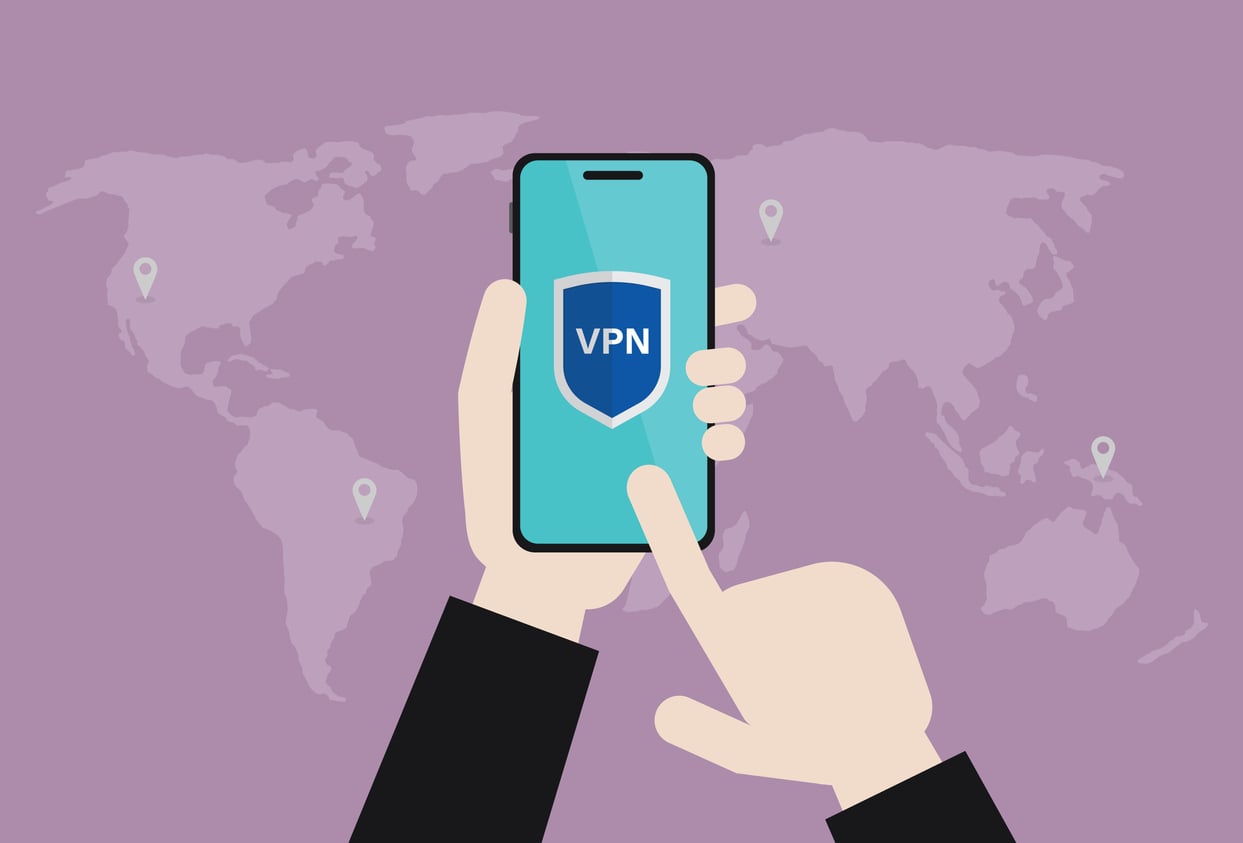Smartphone Security Tips: How to Protect Your Mobile Device

Your smartphone is a valuable piece of technology. Not only does it allow you to stay connected with the world, but it also contains a lot of personal information. That's why it's important to take steps to protect your device from hackers and thieves.
Keep Your Operating System and Apps Up to Date
One simple but effective way to keep your phone safe is to make sure your operating system and apps are always up to date. While it can be annoying to receive notifications about updates, it's important to remember that these updates often include security patches that help to protect your device against the latest threats. By keeping your system and apps up to date, you can help safeguard your smartphone against attacks.
Be Careful with Wi-Fi and Bluetooth Connections
When you connect to a public Wi-Fi network, your phone transmits data that can be intercepted by anyone on the same network. And when you use Bluetooth to connect to devices like headphones or speakers, you create a potential entry point for hackers. To help keep your smartphone secure, be careful with your Wi-Fi and Bluetooth connections. When possible, use a VPN to encrypt your data when using public Wi-Fi networks. And when connecting to Bluetooth devices, only do so from trusted devices that you know are secure.
Use Your Smartphone's Privacy and Security Settings
Many smartphones have built-in features that allow you to control who has access to your information and what information they can see. For example, you can set a passcode that must be entered in order to unlock your phone. You can also control which apps have access to your location, contacts, and other personal information. By taking the time to adjust these settings, you can significantly reduce the risk of someone gaining access to your personal information without your permission.
Lock Your Phone With a Password
A password will deter casual thieves and keep your information safe in the event that your phone is lost or stolen. Moreover, it's important to choose a strong password that can't be easily guessed. A combination of letters, numbers, and special characters is best.
Don't Store Sensitive Data on Your Phone
Sensitive data like passwords and credit card numbers should be kept offline, in a secure location like a password-protected file on your computer. That way, even if your phone is lost or stolen, your sensitive data will be safe. This may seem like an inconvenience, but it’s worth it to keep your phone and your data safe.
Download Apps Only from Trusted Places
Only download apps from trusted places, like the Google Play Store or the Apple App Store. There are a lot of fake app stores out there, and if you download an app from one of those, you could end up with a virus or malware on your phone. Even if you think an app is safe, it's always a good idea to check the reviews before you download it. If there are a lot of negative reviews, or no reviews at all, that's usually a sign that you shouldn't download the app. Always take a few minutes to research an app before you install it on your phone.
Hide iPhone and Android Phone Messages
From our contacts and messages to our photos and financial information, our phones contain a wealth of personal data. So it's important to take steps to keep our phones secure. One simple tip is to hide our messages from prying eyes. On iPhone, we can do this by opening the Settings app and tapping on Messages. Then we can toggle on the "Hide Alerts" option. This will ensure that message notifications are not displayed on our lock screen. On Android, we can hidden message notifications by opening the Message app and tapping on the menu icon. Then we can select "Settings" and toggle off the "Preview Message" option.
Avoid Clicking on Links or Downloading Files
While it may be tempting to click on that intriguing email link or download the latest app, doing so can leave your phone susceptible to malware and other security threats. So, take a moment to think before you click, and only visit websites that you know and trust. When in doubt, err on the side of caution and don't take the risk.
Install Antivirus Software
Antivirus apps can help to identify and remove malicious software, and they can also block dangerous websites and downloads. In addition, most antivirus apps provide real-time protection, which means that they can detect threats as they happen and take steps to neutralize them. As you can see, there are many reasons to install antivirus software on your smartphone.
By following these simple tips, you can help to keep your smartphone safe from security threats. By taking a few minutes to adjust your settings and download the right apps, you can protect your phone - and your personal information. So don't wait - take action today to secure your smartphone.



